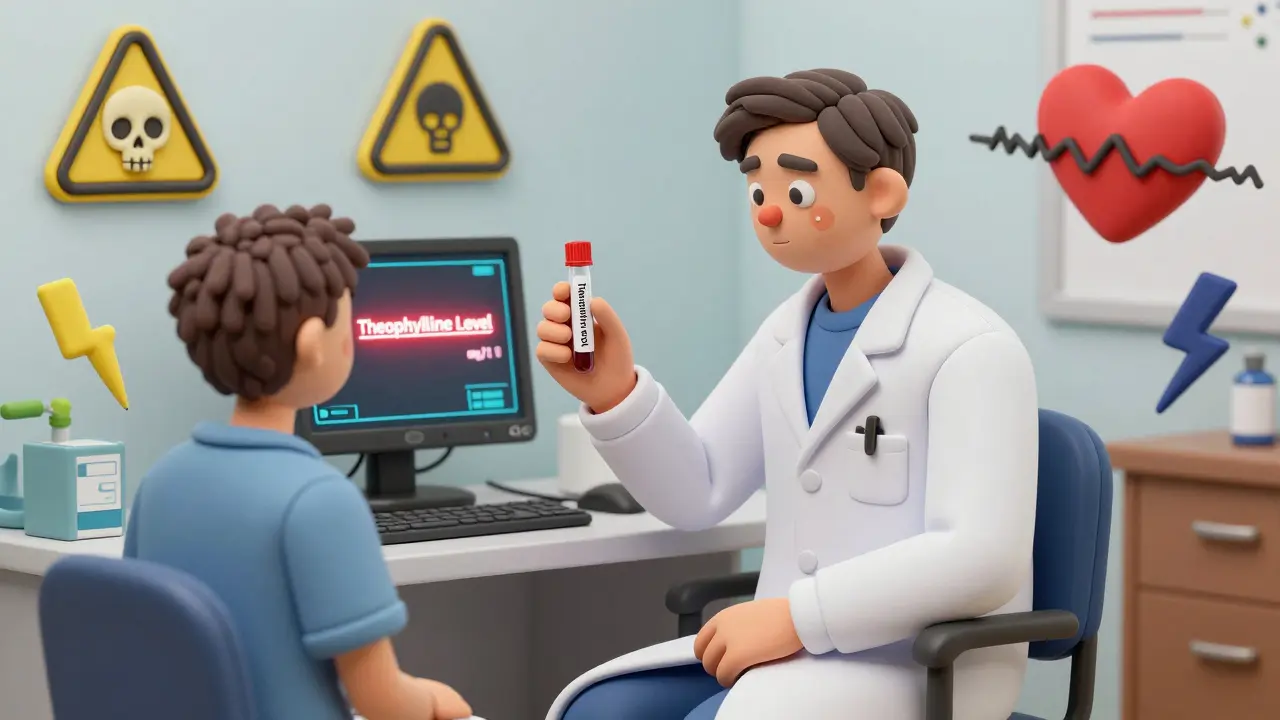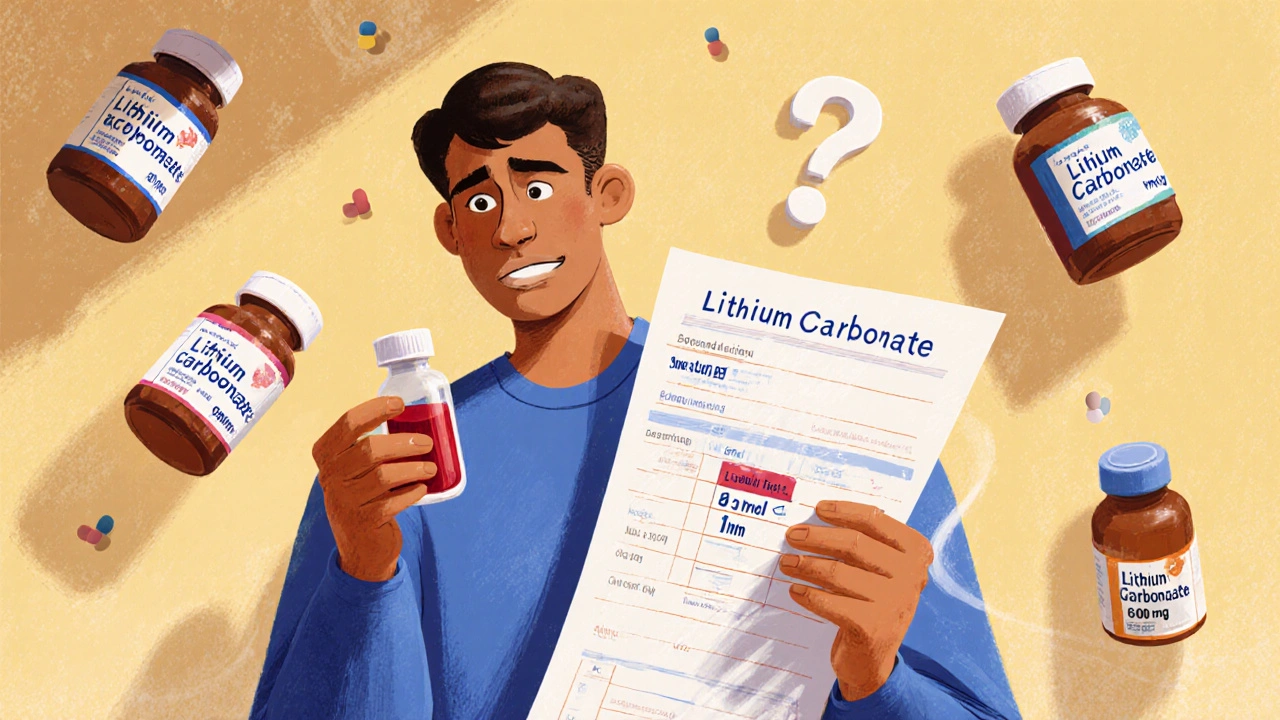Therapeutic Drug Monitoring: How Doctors Track Medication Levels to Keep You Safe
When you take a medicine like warfarin, lithium, or phenytoin, your body doesn’t process it the same way as someone else’s. That’s where therapeutic drug monitoring, the practice of measuring drug concentrations in the blood to ensure they’re in the safe and effective range. Also known as TDM, it’s not just for hospital patients—it’s a routine part of managing chronic conditions for millions. Without it, you could be getting too little of a drug and still suffering, or too much and risking serious side effects.
It’s not about guessing doses. It’s about science. For example, warfarin, a blood thinner with a narrow safety window. Also known as Coumadin, it’s one of the most common drugs tracked because small changes in blood levels can cause dangerous bleeding or clots. Doctors use TDM to adjust your dose based on actual numbers—not just how you feel. Same goes for lithium, used for bipolar disorder, where levels just above the target can cause tremors, confusion, or kidney damage. These aren’t rare cases. Over 100 drugs have established therapeutic ranges, and many are used daily in clinics worldwide.
Why does this matter to you? Because if your doctor doesn’t check your drug levels, you might be stuck on a dose that’s either too weak or too strong. You might think your antidepressant isn’t working, but it could be that your body metabolizes it too fast. Or maybe your seizure medication is causing dizziness—not because it’s a bad drug, but because your blood level is climbing past the safe line. TDM cuts through the guesswork. It’s why some people on therapeutic drug monitoring go from barely functioning to feeling normal, just by getting their dose tuned right.
You’ll find posts here that dive into real-world examples: how genetics affect how your body handles warfarin, why certain antibiotics need careful tracking, and how drug interactions can throw off your levels—even when you’re taking everything exactly as prescribed. You’ll also see how food, liver function, and other meds can change how your body absorbs or breaks down a drug. This isn’t theoretical. These are the exact issues doctors face when they order a blood test for drug levels.
Whether you’re on a long-term medication, dealing with side effects, or just wondering why your doctor keeps asking for blood draws, this collection gives you the facts you need. No fluff. No marketing. Just what happens behind the scenes when your meds are being monitored—and how you can use that knowledge to get better care.


